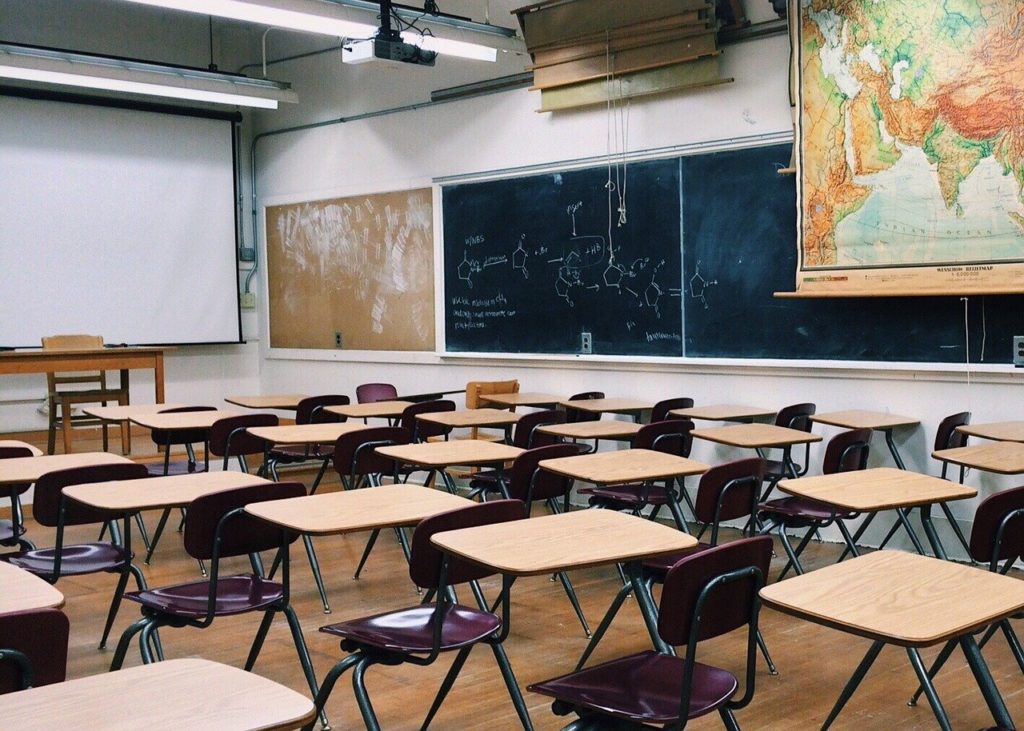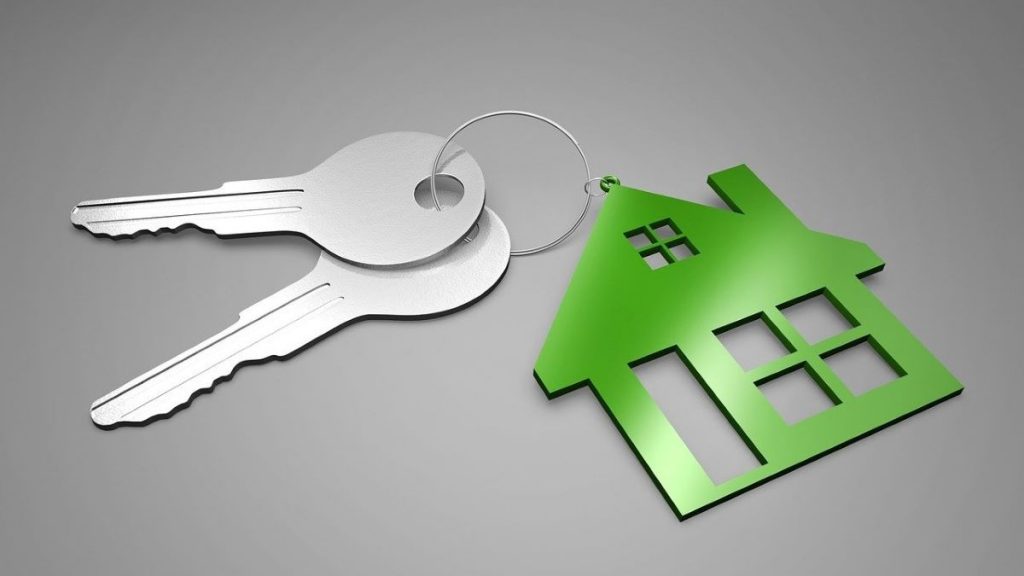Chicago Heights City Council OKs Resolution to Give Bloom Plaza Facelift

![]()
Chicago Heights City Council OKs Resolution to Give Bloom Plaza Facelift (Chicago Heights, IL) – The Chicago Heights City Council Wednesday night voted to approve a resolution authorizing an economic incentive agreement to help improve Bloom Plaza, home of Skyline Restaurant.
The agreement paves the way for $80,000 of Tax Incremental Financing money from the Bloom Plaza TIF to be used to pay for a new parking lot, and landscaping of the area around the restaurant. The money will be used in a 60-40 split in partnership with Skyline. The the once vacant plaza, which is now home to the new Chicago heights Middle School, once housed a number of businesses and stores, including Jewel-Osco and a branch of the Illinois Department of Employment Security.
Tax increment financing is an incentive tool that the city can use to generate money for economic development in a specific area. TIFs allow the city to re-invest all new property tax dollars in the neighborhood from which they were generated, for a 23-year period. New revenues arise if new development takes place in the TIF district, or if the values of existing properties rise, resulting in higher tax bills. These funds can be spent on public works projects or given as subsidies to encourage private development.
TIFs are a tool for implementing community-based revitalization plans by encouraging affordable housing development; improving parks and schools; fixing basic infrastructure: putting vacant land to productive use: creating well-paying jobs; and meeting other local needs.
Chicago Heights has five TIF Districts:
- Cub Foods TIF;
- Bloom Plaza TIF;
- South State Street TIF;
- Eastern Industrial Redevelopment TIF;
- and the Downtown TIF.
In her report, Chief of Staff Karen Zarante told the City Council that she has started the process of enabling the city to help residents apply for gas, electric and water bill assistance through the Illinois Low Income Home Energy Assistance Program.
Zarante said a number of LIHEAP intake offices in the area that had closed during the shutdown caused by the pandemic, have not reopened, making it difficult for some city residents to travel to an office that is open. And filing the paperwork online can be daunting, she said, causing others to not apply. An intake office in the city would help alleviate those issues.
Mayor David Gonzalez added that residents who qualify for LIHEAP may also be eligible for help with paying their city water bills, which can be a struggle for some families in the city.
In other business, the council approved:
- an option agreement for the exclusive right to purchase the city-owned commercial building at 1617 Lowe Ave. The developer estimates spending $90,000 on renovations to the building;
- the sale of three buildings – 174 E. 23rd St., 1842 Euclid Ave., and 382 W. Hickory St. – through the Abandoned Property Acquisition Program;
- a memorandum of understanding between the city and the Police Sergeants union, extending the collective bargaining agreement;
- an ordinance allowing the city to collect a 3% sales tax on cannabis products;
- a resolution approving the Metropolitan Mayors 2021 Climate Action Plan for the Chicago region;
- a proposal for urgent work on the culvert and streambed maintenance project.
Chicago Heights City Council OKs Resolution to Give Bloom Plaza Facelift








Responses